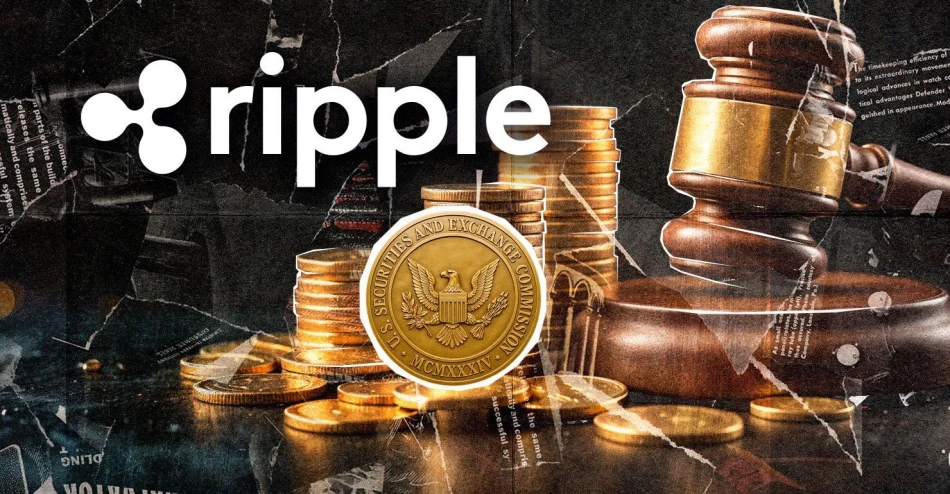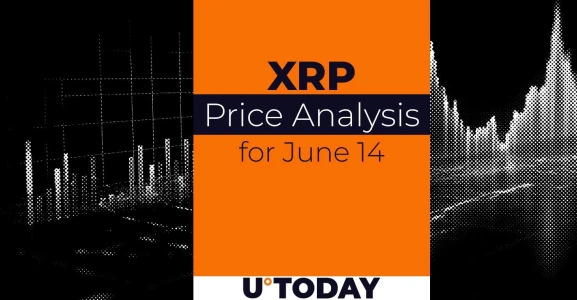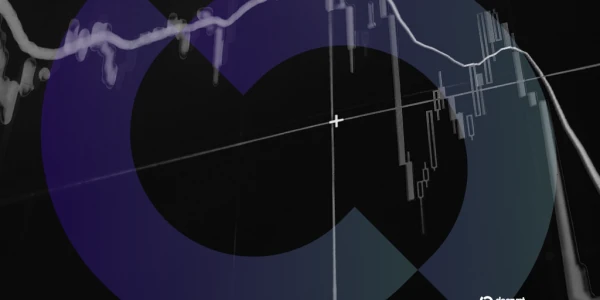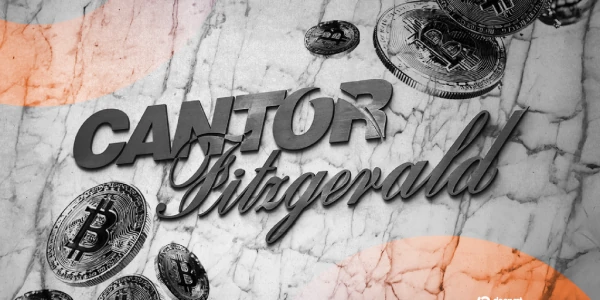
Exclusive Insights: Ex-SEC Leader Speaks Out on Ripple's Pivotal Legal Move
Latest Ripple-SEC filing garners attention in crypto community[...]
Ripple and SEC Seek Amicable Resolution, Signaling Shift in Crypto Regulation
Ripple and SEC Jointly File Motion to Dissolve Injunction, Settle $125 Million Penalty
In a surprising move, Ripple Labs and the U.S. Securities and Exchange Commission (SEC) have jointly filed a motion to dissolve the injunction in their long-running legal dispute and resolve the $125 million civil penalty held in escrow. This development signals a potential shift in the regulatory landscape for cryptocurrencies, as both parties seek to avoid further litigation and reach an amicable settlement.
Regulatory Attitudes Evolving, Parties Aim to Prevent Prolonged Court Battle
According to the motion, the parties cite "exceptional circumstances" and a shared desire to close this chapter, referencing the SEC's evolving stance on cryptocurrency regulation. The proposed settlement would see $50 million go to the SEC, while the remaining $75 million would be returned to Ripple.
Former SEC official Marc Fagel provided insightful commentary, noting that the primary objective of this motion is to prevent the parties from proceeding with the pending appeal in the Second Circuit. This suggests a willingness on both sides to find a pragmatic solution and avoid extending the legal battle for another year.
Potential Impact on XRP Demand and Crypto Ecosystem
The resolution of this long-standing lawsuit could have significant implications for the cryptocurrency market, particularly for the XRP token. A court-approved final settlement would remove the legal uncertainty that has surrounded XRP, potentially leading to increased demand and adoption. This development is likely to be closely watched by the broader crypto community, as it may signal a shift in the regulatory approach towards digital assets.
Overall, the Ripple-SEC joint motion represents a notable development in the evolving landscape of cryptocurrency regulation. By seeking an amicable resolution, the parties aim to provide clarity and closure, potentially paving the way for a more constructive dialogue between the industry and regulators in the future.
Most Viewed News








